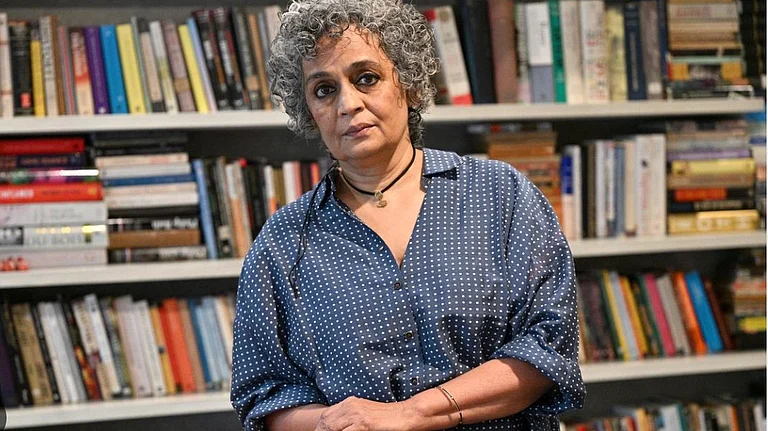The August 5 policy decision by the Modi government to abrogate the provisions of Article 370 and thereby enable the bifurcation of Jammu and Kashmir (J&K) into two Union territories have been hailed by many in India as being a bold and historic move that ostensibly cut the Gordian knot, as it were, over the special status accorded to J&K after its accession to the Indian Union in October 1947.
Both security and development imperatives were advanced by Home Minister Amit Shah as the triggers for the decision to radically alter the political identity of J&K into the two Union territories of Jammu& Kashmir and Ladakh. National security and the protection of territorial sovereignty have to be accorded the highest consideration by the government of the day and clearly the Modi government had prioritised the Kashmir issue, which is why the August 5 decision was taken before Modi 2.0 completed even 100 days in office.
The Kashmir issue has been a very complex and costly security challenge for India, given the tangled historical context that precedes 1947 and what happened in the following decades by way of a proxy war, with the leavening of radical Islamic terror ideology. One stark indicator was summarised earlier this year by a 70-year-old, highly-decorated third-generation officer of the Indian Army, who ruefully noted that he had served in J&K as a young officer, his father had served in the first war for Kashmir in 1947-48 and that his son was now serving in J&K. He quizzically asked if his grandson would be in the same kind of deployment 20 years down the road as Delhi and Srinagar remained locked in arid, no-win politicking. The answer is indeterminate at this stage.
The Modi-Shah determination to use a parliamentary majority to unilaterally abrogate the provisions of Article 370 and bifurcate the state does trample over the spirit of the Constitution and the provisions of Article 3. The latter dwells on the federal nature of the Union and the specifics of centre-state relations and the norms for reorganisation of a state.
This political integrity pertains to India’s commitment to the democratic principle in its most holistic and normative manner. Various metrics can be invoked to review democratic rectitude and this is a matter that India and its citizens will have to ponder over deeply--and objectively.
The fall-out of August 5 has four inter-related domains where it is playing out. The primary one is the domestic context of Kashmir and its citizens, who are gradually emerging from the firm clampdown that was put in place, including the detention of the local political leadership. How they express their anguish and anger and the response of the state will be critical to the texture of August 5 in the long term. The second is the Pakistan-China strand and it is evident that Beijing’s support as evidenced in the closed door UNSC meeting will have long-term repercussions for Indian diplomacy. Furthermore, the ceding of Aksai-chin to China adds to the territorial discord. The third relates to the larger international reaction and perception about how the world’s largest democracy is dealing with the Kashmir issue—which is accepted by and large as an internal issue.
By all accounts, three weeks after August 5, India has been able to fend off adverse exigencies at the global politico-diplomatic level. The dominant view in India is that even as China grapples with Hong Kong and the detention camps in Xinjiang, Delhi has won the equivalent of a one-day cricket match against Pakistan at the recent UNSC consultation.
But the true litmus test for August 5 is the democratic benchmark that India has set for itself and how the spirit of normative constitutionalism has been respected, as opposed to an ingenious interpretation of the letter of the Constitution.
To his credit, PM Narendra Modi in his second term has dwelt on dissent and debate as an integral part of democracy. One hopes that different elements of our cacophonous and diverse democratic entity do not lose vibrancy or hope and that the collective can look at itself in the mirror with a critical eye and hold itself to a higher standard of constitutionalism.
(C. Uday Bhaskar is director, Society For Policy Studies, New Delhi)
























